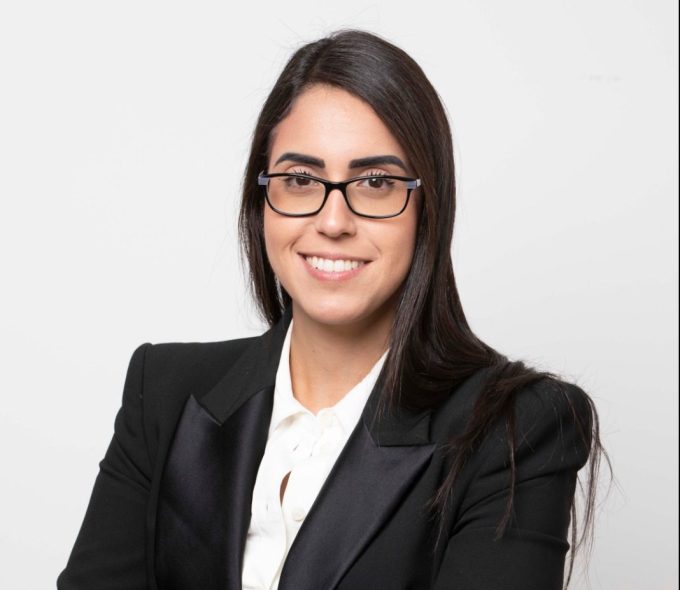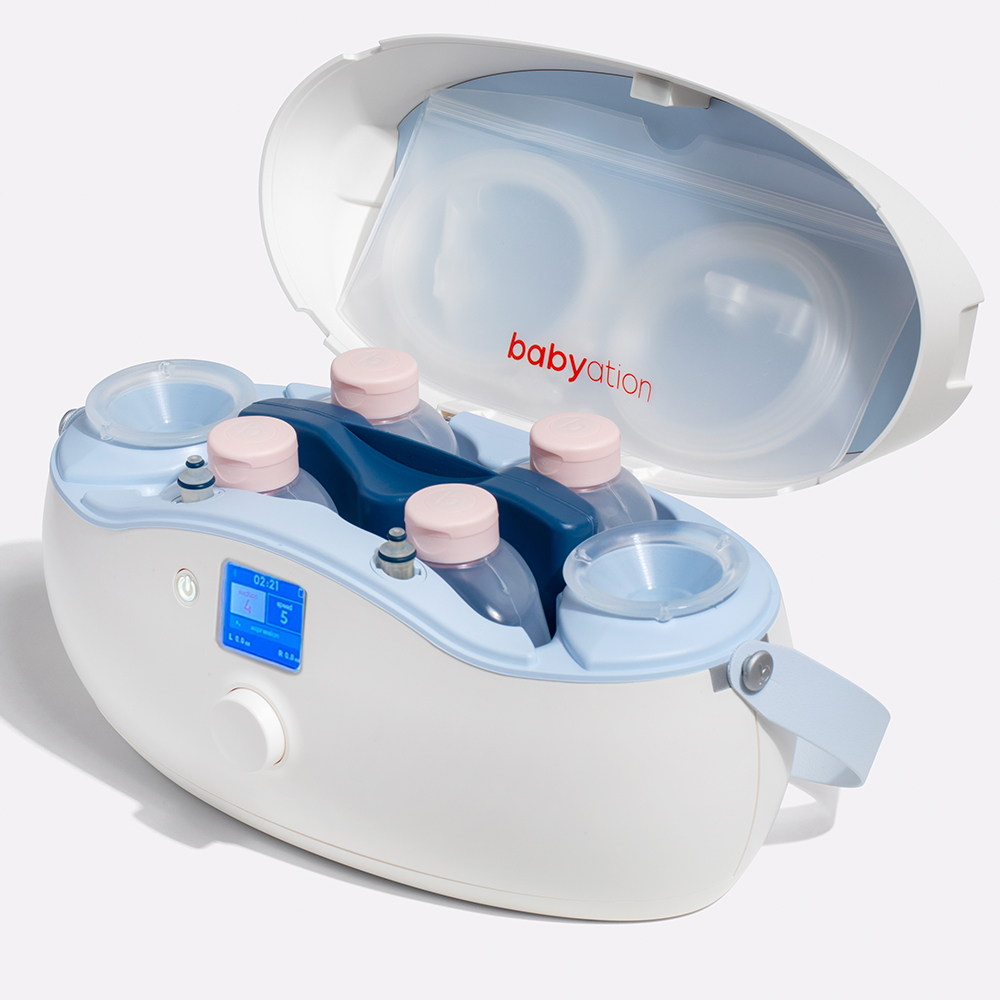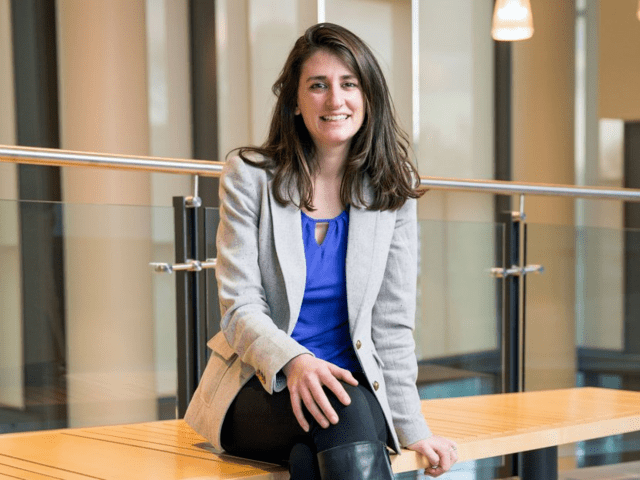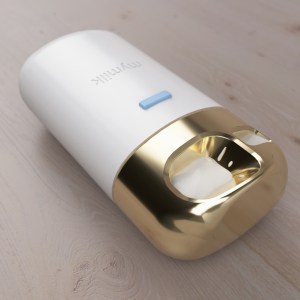Inspiration for a new company can come from many different places. For Maya Ashkenazi Otmazgin, a biomedical engineer, it was while nursing her first child that she got the idea for harnessing the health benefits of breast milk, but in food and wellness supplements for adults.
“I wondered why we were not understanding the proteins inside breast milk and trying to find bioequivalents in other sources,” she told TechCrunch. “Breast milk is the ‘gold standard’ for nutrients, and grownups are being deprived of one of life’s greatest resources.”

Maya Ashkenazi Otmazgin, CEO and co-founder of Maolac Image Credits: Maolac
She teamed up with Dr. Ariel Orbach and Eli Lerner in 2018 to form Maolac, an Israeli food tech startup focused on creating a superfood by extracting proteins from bovine colostrum or plant-based analogs.
Together, the company’s team put together a library of sorts of over 1,500 known bioactive proteins in human breast milk. They then identified that bovine colostrum is one of those “other sources” that has over 400 homolog proteins with over 95% biosimilarity with human breast milk.
Colostrum is a nutrient-rich substance that is present in the milk of mammals for the first few days after giving birth. It is often discarded at dairies, which accounts for more than 5 billion liters of waste per year, Ashkenazi Otmazgin said.
She also touts that the company is the first to “identify and extract the functional proteins from bovine colostrum” and make functional milk protein mixtures from that colostrum, using a proteomics discovery platform and computational biology that could be used for different immune-boosting applications.
The milk protein mixture looks like a white powder that is digested in the human body similarly to breast milk and is suitable to add to food, even cooked foods like pasta, without losing functionality, Ashkenazi Otmazgin added.
Maolac’s mixture was also proven to produce higher overall efficacy at lower dosages. Competitors in the space are charging $500 per kilogram, and Ashkenazi Otmazgin says her company will charge similar for its product, but Maolac can deliver better efficacy at a fraction of the unit economics.
Maolac is pre-revenue at this point and working on its first product line of anti-inflammatory aids, one for athletes to reduce muscle strain and improve recovery time, and one to improve elderly mobility.
Ashkenazi Otmazgin expects these products to hit the market in 2023. She also claims the market potential for functional ingredients is huge, about $22 billion per year.
Helping to accelerate the products is a new $3.2 million seed round that was closed in January. OurCrowd led the investment and was joined by the Strauss Group’s Kitchen FoodTech Hub, the Food Tech Lab, Ventures Israel, NAOMI Investments and Mediterranean Towers Ventures. The investment boosts the company’s total funding to just over $4 million.
“The idea of transforming the first, nutrient-rich milk of cows that have just given birth into a source for human protein is a stroke of pure genius,” OurCrowd CEO Jon Medved said in a written statement. “Billions of liters of bovine colostrum are discarded each year. Maolac takes this waste and creates a product of huge potential benefit to millions at a time when the world is desperately searching for new sustainable sources of protein. The company is a perfect example of the circular economy in action.”
The new funding enables Maolac to build a pilot facility that will feature small-scale production capabilities of about 100 kilograms per month and create analytics and samples for customers and clinical trials. Ashkenazi Otmazgin also plans to add to the company’s team of 12 employees.
In addition, the company is currently working on getting regulatory approval in both the U.S. and Europe and is in discussions with food and supplement companies in Israel and dairy companies around the world.




